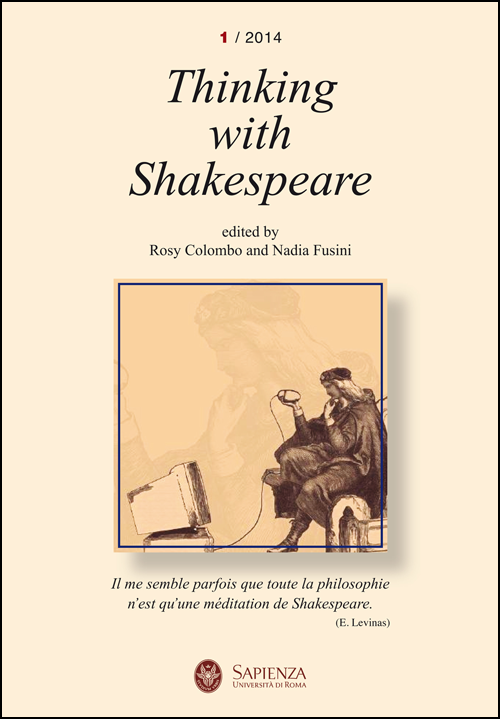"The Charm Dissolves Apace": Shakespeare and the Self-dissolution of Drama
Abstract
In this essay, I argue that Shakespeare – perhaps the world’s pre-eminent dramatist – stages, from within his drama, the self-dissolution of our need for the sensuous, material representation of human actions in order to understand ourselves as actors, as free self-determining agents in the world. The depiction of our lessening need for sensuous representational drama becomes, itself, a primary task of Shakespearean drama – as if being a dramatist, for Shakespeare, means making the historical disappearance of the conditions under which traditional (sensuous, representational) forms of drama matter into the very stuff of a dramatic work. Building on these claims, I suggest that Shakespearean drama offers an alternative future for modernism to the one presented in recent philosophical work on modernist art. Precisely because Shakespeare’s artistic horizons are less limited than other modernist movements – his dramatic work is not nearly as restricted (not nearly as precious, some might say) as Cage’s or Pollock’s – it is to Shakespeare’s radical modernism that we might turn to find a more capacious future for art (and, hence, for philosophical reflection on art) beyond both its sensuous and its representational form.
Keywords: Hegel, The Tempest, Aristotle, Aesthetics


